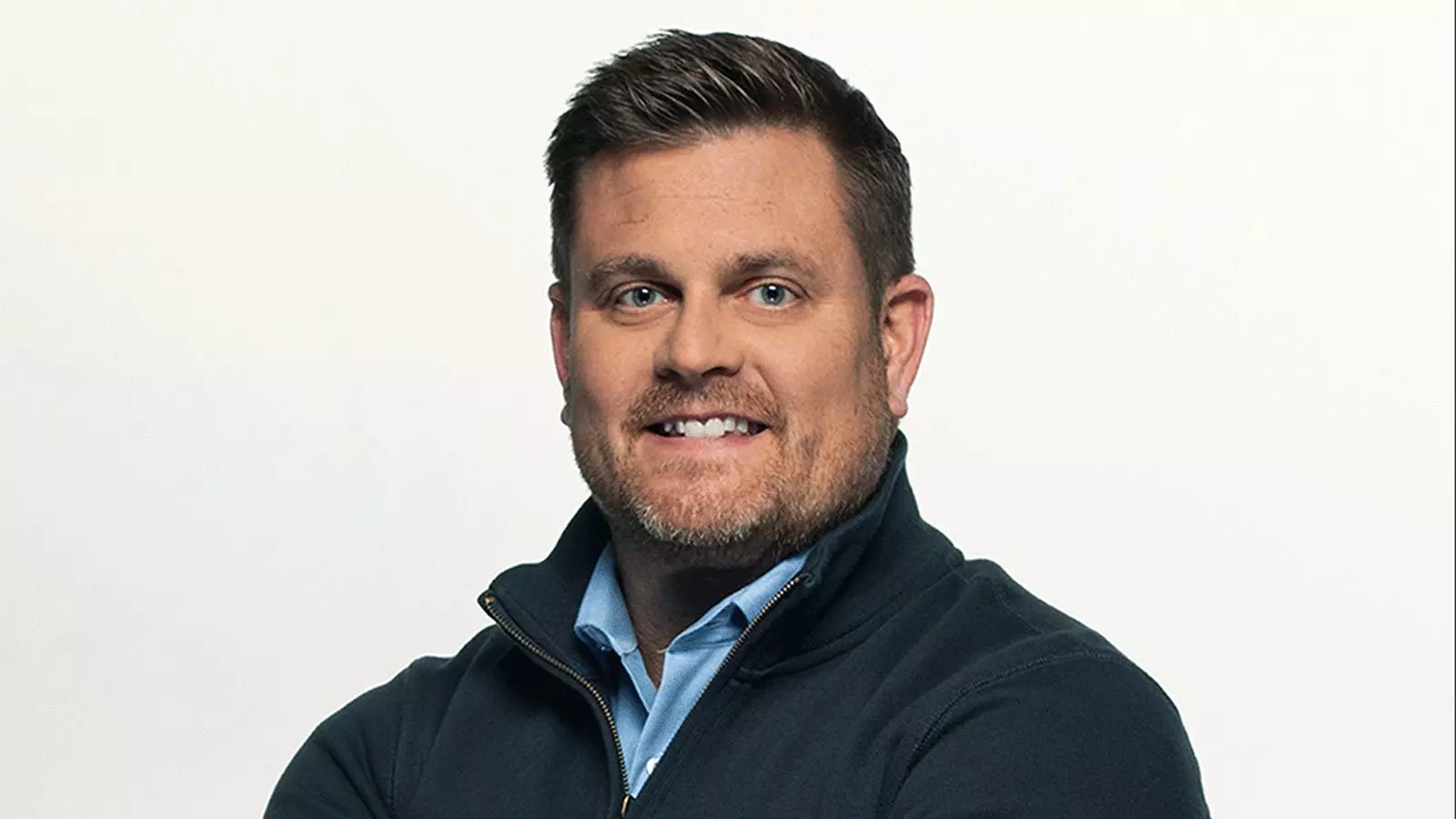The shocking murder of Brian Thompson, the CEO of UnitedHealthcare, has sent ripples through both the healthcare sector and the broader corporate landscape. As a leader at one of America’s largest health insurers, he played a pivotal role in shaping the healthcare choices of millions without most ever knowing his name. This tragedy paints a solemn picture not only of a life cut short but also of the complex realities within the healthcare industry he navigated.
Thompson spent over two decades at UnitedHealth Group, advancing through various leadership roles until ascending to the CEO position in 2021. His background as a certified public accountant coupled with a significant tenure in the healthcare industry provided him with a unique lens through which to understand the intricate interactions between healthcare delivery, policy, and business. Yet, despite overseeing a company that serves more than 49 million Americans, Thompson’s identity remained largely unnoticed by the public. The irony of such a position is striking; while him and his decisions directly impacted lives, he remained a stranger to most.
Even within the investor community, the corporate face of UnitedHealth was often that of the overarching CEO, Andrew Witty. This juxtaposition raises questions about transparency and recognizability in the corporate world, particularly in industries that wield substantial influence over people’s lives. A disconnect exists where the individuals making critical decisions often remain in the shadows, leading to broader implications regarding accountability in the healthcare field.
Driving Innovation Amidst Controversy
In his role, Thompson was an advocate for innovation in healthcare, particularly with the push toward value-based care. This approach aims to shift the focus from reactive to proactive healthcare, incentivizing practitioners to prioritize overall patient well-being instead of merely treating illnesses as they arise. His remark, “Healthcare should be easier for people,” reflected an ambition to simplify health choices for consumers. However, this methodology also faced criticism, particularly regarding the insurer’s decision to restrict coverage of certain non-emergency hospital visits.
This decision not only highlights the difficult balance insurers face between financial sustainability and ethical healthcare delivery but also illustrates the potential hazards of corporate decision-making in this sector. Patients deserve the right to seek care without the fear of punitive costs, and such policies can fragment trust, leading to detrimental long-term health outcomes for vulnerable populations.
The shocking circumstances surrounding Thompson’s death remind us that even high-profile executives grapple with their humanity. He was a family man, a husband, and a father, living in a Minneapolis suburb while managing a colossal enterprise. The attention on his tragic passing shifts focus from corporate policy to personal loss, prompting reflection on the individuals behind corporate facades. It exposes an unfortunate reality: the lives of leaders carry intrinsic risks, one of which can emerge abruptly and terrifyingly in the form of violence.
In our rush to dissect the implications of Thompson’s leadership decisions on personal and institutional levels, we must not overlook the human tragedy unfolding. Reports that he was approached and attacked while preparing for a business engagement underscore a grim reality impacting many executives: the threats they may face can sometimes be lurking closer than imagined.
Looking Ahead: A Call for Reflection
As investigations into Thompson’s death proceed with diligence, his untimely murder incites broader discussions surrounding corporate leadership’s vulnerabilities and the challenges within the healthcare industry. It is vital for organizations to not only consider the impact of their policies but also the human element involved in leadership roles. Thompson’s assassination should serve not just as an alert to the risks faced by leaders but also as a clarion call for a more compassionate and human-oriented approach in both healthcare and corporate governance.
Ultimately, while the loss of Brian Thompson is a severe blow to UnitedHealthcare and the industry at large, it also compels us to reconsider how we value leadership, transparency, and the health of the communities that leaders serve. The healthcare landscape is complex, and understanding its intricacies begins with recognizing the people behind the curtain, who are both influential and vulnerable.


Leave a Reply